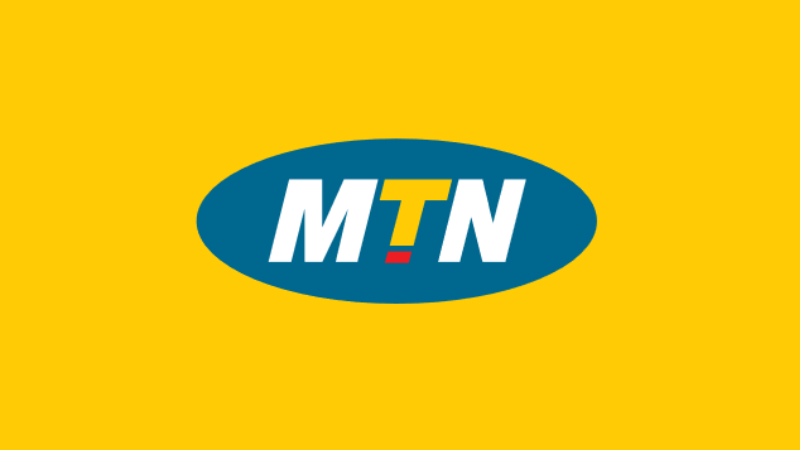Inbox icons, subject line sorcerers, CTA kings – the results are in. The 2025 You Mailed It Awards by Everlytic have crowned their champs, with Old Mutual Rewards and Machine_ taking…
Why is MTN data more expensive in South Africa? Company responds…

Following public outcry over MTN data prices in South Africa and a threatened boycott with the #NoRechargingForMTN hashtag, MTN has shed more light on local pricing for its data bundles.
The company provided insight on its pricing considerations when asked for comment on the proposed boycott.
Here are a few of the responses and information that MTN provided…
MTN acknowledges user concerns over data
The company told Memeburn that it is fully aware of the ongoing outcry over its data package prices.
“MTN has noted social media posts [under] #NorechargingForMTN. We have also noted concerns and outcry by our customers regarding the cost to communicate,” MTN told Memeburn in an emailed statement.
The company maintains that it sets its prices strategically to achieve a balance between affordable prices for its customers and making a profit.
“To ensure business sustainability, MTN seeks to set prices that will add value to customers, will allow MTN to earn a profit so that further investments can be made on a sustainable basis and at the same time reward shareholders for such investments. This pricing strategy is applicable across all products offered,” MTN told Memeburn.
In April, both MTN and Vodacom dropped data prices following the Competition Commission’s push for lower data prices in South Africa.
South Africa vs. other countries
Much of the outcry centered on the fact that the company’s data prices were noticeably cheaper in other countries.
For instance, MTN users in Nigeria appear to pay R730 for 110GB of data. Meanwhile, SA users appear to pay R2 500 for 100GB of data.
MTN feels this is an unfair comparison since it bases pricing on each country’s economic and geographic status.
“Direct comparisons between South Africa and other countries are inherently fraught with difficulty and should be done with some caution,” MTN says.
“Rather peer countries should be determined for comparison based on similarities on economy, geography, and technological development. While these are non-price indicators, they are factors which can and do influence costs and prices,” MTN adds.
Higher MTN data costs in South Africa due to limited data spectrum?
A significant cost consideration for MTN has remained the lack of spectrum availability in South Africa, the company says.
“To provide some context, in 2005, the mobile sector in South Africa was serving about 29 million customers of which less than 450 000 were data users. In 2019 those numbers are 108 million customers and 49 million data users, yet the mobile industry is still serving those millions of customers off the same limited spectrum,” the company explained.
There’s also the significant cost involved in importing network equipment.
“A very large chunk of the input costs of delivering a megabyte, minute, or message is in US$ due to the importing of network equipment for countries where this equipment is not being made. The choice of countries and currency used therefore needs to be considered and interpreted with some care,” MTN told Memeburn.
While this explains the cost differences, consumers are likely to still push for lower rates.
After all, 2020 is a year that has put extreme pressure on consumers’ wallets. At the same time, we’ve had to rely more heavily on digital services.
However, MTN has highlighted a few ways users can reduce costs. These include “work from home” data offers and discounted data through the MTN MoMo app.
Featured image: MTN
Read more: Telkom Pay: Digital wallet that works with WhatsApp launched


